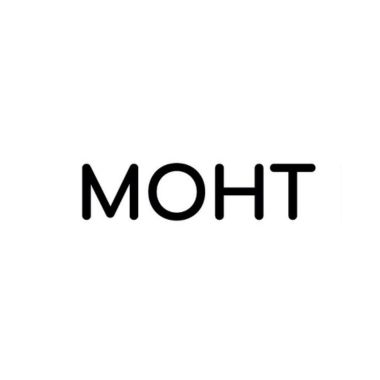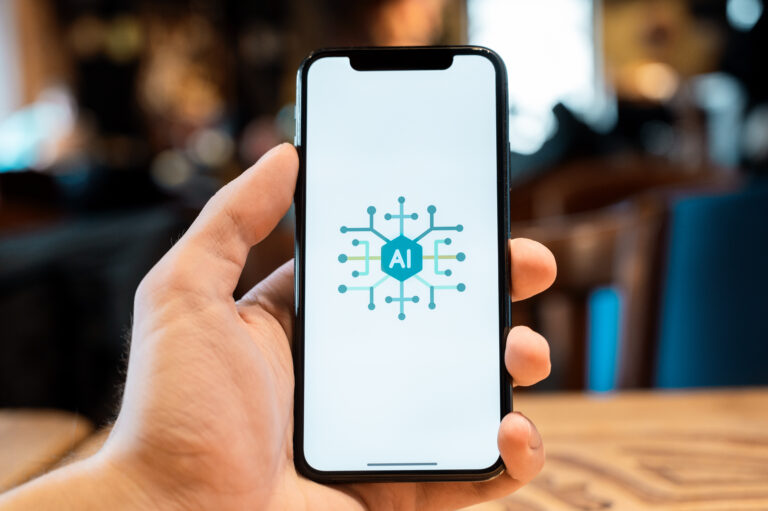MOH Office for Healthcare Transformation (MOHT) is an innovation office established by the Ministry Of Health (MOH) in 2018 to lead, facilitate and accelerate system-level changes needed to transform healthcare delivery and the empowerment of health and self-management of disease. We collaborate with partners to implement strategic initiatives and develop key enablers for scaling, and work with MOH to mainstream these as nationally scaled programs that contribute to the reshaping of Singapore’s health system. Our vision is a transformed health system that is patient-centric, data-driven, and digitally enabled to better empower health, prevent disease, and provide excellent value-based care.
Some of MOHT’s digital mental health initiatives include:
mindline.sg
mindline.sg is a digital mental health and wellness platform that aims to equip individuals with tools, knowledge and pathways to self-care and seek professional help when needed. Since its launch in June 2020, multiple versions have been created to target specific audiences in Singapore including mindline at work for working adults and youth mindline for young people between the ages of 17 to 25.
mindline.sg aims to destigmatise mental health by creating a safe space for individuals to gain awareness of their state of wellbeing and take active steps towards building good mental health. It also encourages help-seeking behaviour by providing access to self-help therapy and resources, and referral to relevant help agencies based on their needs.
On the platform, users can find clinically validated self-assessment tools that provide them with a set of recommended actions to take (e.g. call a helpline or do a deep breathing exercise); an emotionally intelligent AI chatbot, and a variety of self-care exercises where users can complete based on the detected state of emotional wellbeing through the conversation. In addition to the suite of content and self-help tools, users can join let’s talk, an anonymous community forum, and connect users with mental health professionals, peer supporters and like-minded youths. This moderated safe space allows youths to express their feelings, thoughts, and questions without fear of judgement, and to get advice and support from the community of helpers.
With mindline.sg, MOHT seeks to achieve a person-centric mental health system that promotes wellbeing, destigmatises help-seeking behaviour, and develops communities of care and support.
Digital Local Connect
Digital Local Connect (DLC) is a precinct-based digital pocket guide resource library for service providers. It is developed by MOHT to build coordinated networks within each precinct to enhance collaborations across and within the social, health, and community sectors. As part of building an integrated community network, DLC aims to:
- Support partners to know where and who to refer to better support residents in need, by providing a curated list of local services and programmes,
- Equip partners with guides and a training directory for continuous learning and upskilling, and
- Share best practices within the precinct by providing a common communication platform.
Health Outcomes through Positive Engagement and Self-Empowerment (HOPES)
MOHT works closely with the Institute of Mental Health (IMH) on the HOPE-S (Health Outcomes via Positive Engagement in Schizophrenia) clinical trial that involves patients with Schizophrenia who were recently discharged from a psychiatric hospital. The aim of this study is to determine whether digital phenotyping data (i.e., data that is collected continuously and passively from personal digital devices) are associated with clinical and health utilization outcomes such as re-hospitalization. The study is nearing its conclusion and has produced significant findings that validate the technology, guiding the strategy for an upcoming interventional service at IMH.
The service will expand the strategy to a broader range of diagnosed mental health disorders, including patients with major depression. The digital phenotyping data streams will drive automated therapeutic interventions (known as ecological momentary interventions), which will include electronic CBT-like modules, delivered through a patient-facing App. The App will also enable self-management of the patient’s condition, including the ability to monitor their own data. For clinicians, machine learning-based anomaly detection routines captured through digital phenotyping data will help the case manager to prioritise patients most in need of urgent attention.
Challenges with digital mental health initiatives:
Difficulties escalating anonymised cases to human-based interventions due to mental health stigma
The anonymity of mindline.sg, whilst protecting users’ privacy also presents a double-edged sword when we encounter persons with self-harm or suicidal ideation, and we are unable to refer them for further interventions or support beyond mindline.sg
Challenges navigating the complex mental health landscape
Increasing mental health prevalence is a pressing concern in Singapore. Since the implementation of the National Mental Health Blueprint in 2007, there have been increasing efforts to enhance the accessibility and capacity of mental health services in healthcare institutions and communities. Despite these advancements, navigating the complex mental health landscape remains challenging for both individuals seeking help and clinicians providing care. To address this, MOHT is supporting MOH by working with key partners to develop digital tools and care processes that enable clinicians to effectively escalate or de-escalate cases based on defined clinical parameters.
Moreover, through DLC, MOHT aims to enhance the accessibility of resources and equip community partners and volunteers with the necessary skills to support individuals in need.
Find out more about MOHT Singapore by visiting their website here >>





